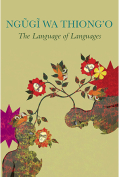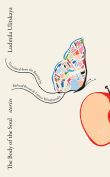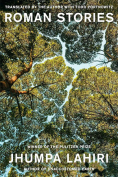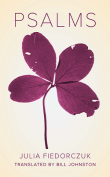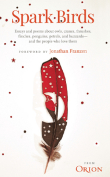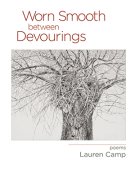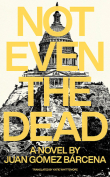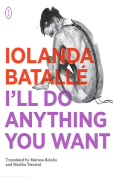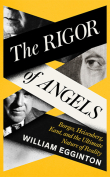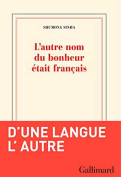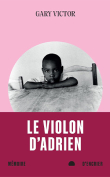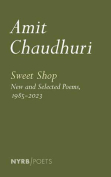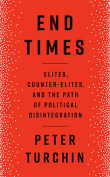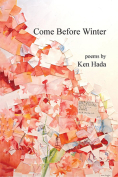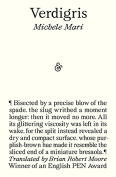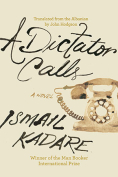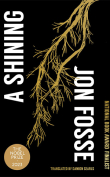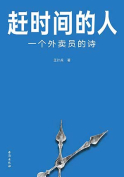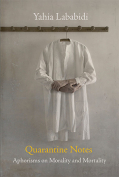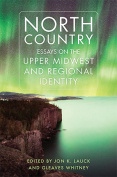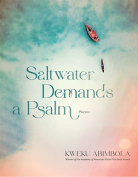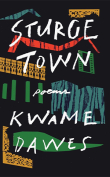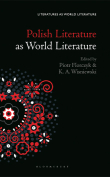Come Before Winter by Ken Hada
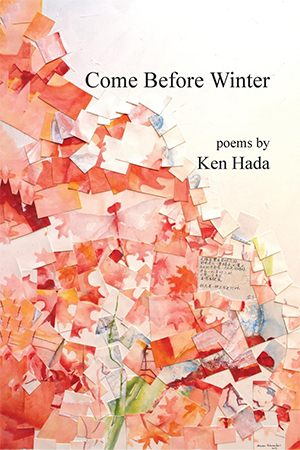 Ringwood, Oklahoma. Turning Plow Press. 2023. 142 pages.
Ringwood, Oklahoma. Turning Plow Press. 2023. 142 pages.
Poems that draw on rural scenes and nature are not the flavor of the day. The poems gathered in Come Before Winter, Ken Hada’s eleventh collection, might (at a casual glance) seem to merit a shrug and not much more, but that would be to miss the depth and complexity of awareness these poems enact.
In his editor’s note for the collection, Paul Bowers usefully notes the “creative interplay” in what he sees as the poems’ “Emersonian dialogue between natural fact and spiritual fact.” This is clearly an aspect of their resonance, but what makes these poems distinctly contemporary (in spite of the emphasis on natural scenes and the absence of overt politics) is that the interplay of what Bowers terms “facts” is multilayered and fluid.
The opening poem, “Bird Watching on Mars,” both introduces this pattern and illustrates the attention these poems call for and repay. The poem in one sense is merely an inventory of the birds “of all types” that the speaker can observe from his “green blanket / on red rock” as they “arrive” and fill the seemingly empty landscape. The poem concludes:
In the air,
sterile as a church pew, hummingbirds
buzz hyper life away. In the trees,
a red tail hawk poses, red as dirt.
And even here, buzzards circle above.
These few lines record different scales of time from the intensity of “hyper life,” soon to pass away, to the hawk momentarily at rest and presided over by death, to the always-present presiding over what is passing away. And for the speaker, “sit[ting] quietly,” there is the simultaneity transcending these differently scaled passings away and an awareness of participating in one’s own temporary temporality—the poem’s visionary dimension given weight precisely because the poem does not comment on it, leaves it hovering, a circling above.
Hada offers titles to each of the collection’s four sections, but the poems that introduce each of the sections are a surer guide to its structure. The poems of the first section explore awareness of nature through the figure of bird-watching. Those of the second, keyed by “Fly Fishing on Mars,” enact participation in nature, while those of the third, building from “Making Love on Mars,” explore human interaction within nature. The final section concludes this progression through poems, announced by “Dying on Mars,” that acknowledge mortality as an ultimate and final dimension of our being in nature, ending (appropriately so) with “Sundown.”
Come Before Winter will probably not win awards. That has less to do with the quality of these poems and the work they do than it does with what we tend to ask of poems at this moment of hyper life buzzing away. These are poems, though, that can renew our awareness of other scales of time and other vistas, that of the hummingbird (that “rush of cochineal,” as Emily Dickinson once perceived it) and the stillness of the hawk as its eye hunts the red rock, and the effortless perpetual circling above that still point of the human eye, on its spot of green against an expanse of red rock.
Tim Hunt
Normal, Illinois
